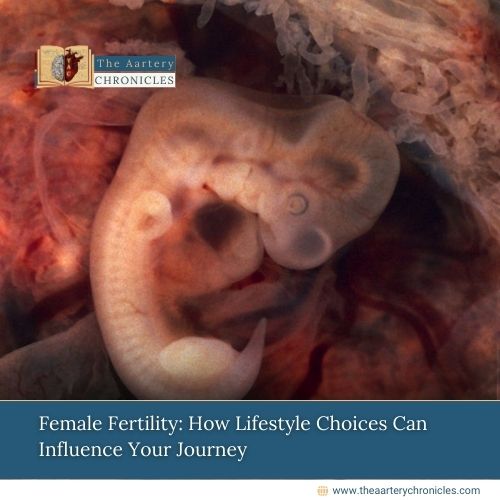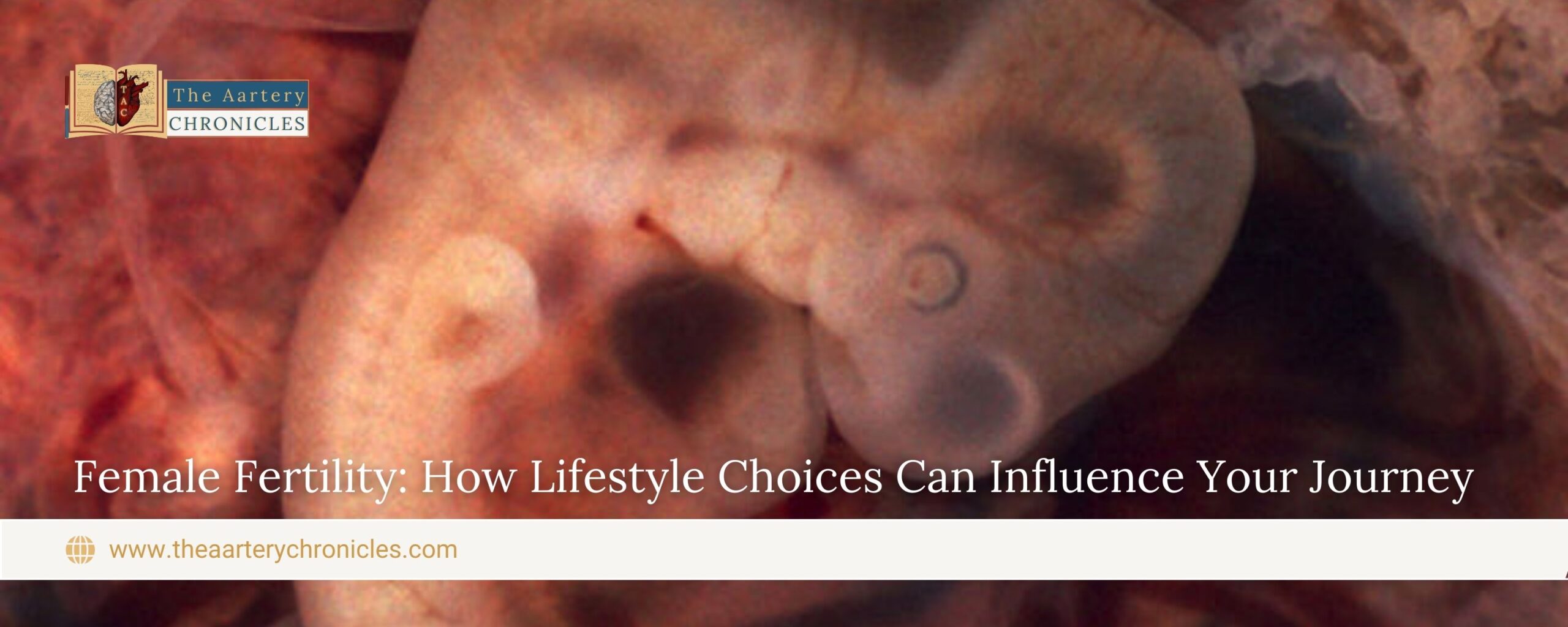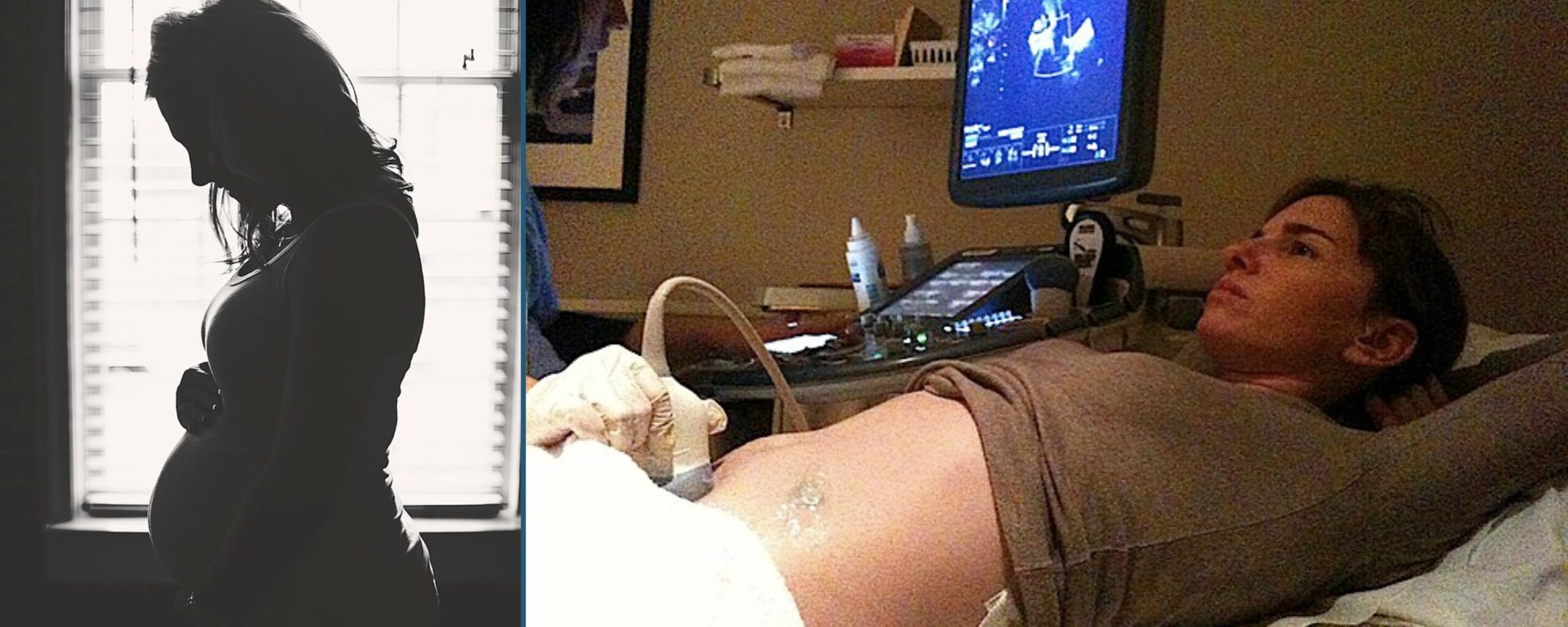

Female Fertility: How Lifestyle Choices Can Influence Your Journey
Introduction
Are you attempting to conceive? You may be curious about ways to improve your chances of getting pregnant. While certain factors are beyond your influence and may require medical attention, your lifestyle choices can significantly impact your ability to get pregnant.
Here is what you need to know about female fertility and the steps you can take to enhance it.
Understanding Female Fertility
Female fertility refers to the ability to conceive and carry a pregnancy to term. It involves the physiological processes and conditions that enable the release of viable eggs from the ovaries, successful fertilization by sperm, implantation of the embryo in the uterus, and the progression of a healthy pregnancy.
If you have been actively trying to conceive through unprotected sex for a year without success, it may prompt concerns about your fertility. Fertility is influenced by both genetic and environmental factors, and while age is a critical determinant, lifestyle choices and underlying health conditions also play significant roles. [1]
What is Female Infertility?
Female infertility is a condition that prevents a person from becoming pregnant. For those assigned female at birth (AFAB), infertility is diagnosed after:
- Six months of attempting to conceive if over the age of 35
- One year of attempting to conceive if under the age of 35
Infertility can stem from issues with either partner. In fact, problems with the male reproductive system are just as common as issues with the female reproductive system, causing infertility. [2]
Common Causes of Female Infertility
Female infertility can be caused by variety of factors that disrupt the reproductive process. These include
- Hormonal Imbalance: Conditions like polycystic ovary syndrome (PCOS), high prolactin levels, thyroid disorders, poorly controlled diabetes, and certain autoimmune diseases can affect ovulation and menstrual regularity.
- Endometriosis: This is a condition where tissue similar to the lining of the uterus grows outside the uterus can cause inflammation, scarring, and adhesions that affect fertility.
- Fallopian tube damage or blockage: Scar tissue formation caused by conditions such as pelvic inflammatory disease (PID), endometriosis, certain sexually transmitted infections (STIs) such as chlamydia or gonorrhea, or prior surgical procedures can block the fallopian tubes, hindering the egg from encountering sperm.
- Uterine disorders: Uterine disorders, whether they stem from inflammation like endometriosis, congenital issues such as a septate uterus, or benign growths like fibroids, can impact female fertility.
- Age-related factors: As women age, the quantity and quality of eggs decrease, making conception more challenging. This decline in fertility becomes increasingly significant after the age of 35.
- Lifestyle factors: Factors such as smoking, excessive alcohol consumption, obesity, poor nutrition, and exposure to environmental toxins can negatively impact fertility.
- Medical Conditions: Chronic illnesses like diabetes, autoimmune disorders, and certain cancers can affect fertility through their impact on hormone levels and overall health.
- Premature menopause: Early menopause, referred to as primary ovarian insufficiency, happens when the ovaries stop functioning and menstrual periods cease before the age of 40, potentially causing infertility in women. [1, 2, 3]

Lifestyle Strategies to Boost Female Fertility
- Maintain a Healthy Weight
- Healthy BMI: Achieve and maintain a body mass index (BMI) within the recommended range. Both underweight and overweight conditions can disrupt ovulation and lead to irregular menstrual cycles. [3, 4]
- Engage in Regular Exercise
- Moderate Activity: Engage in regular moderate exercise such as walking, swimming, or yoga to improve overall health and reduce stress. For individuals at a healthy weight, excessive strenuous exercise can disrupt ovulation and reduce progesterone levels. [3, 4]
- Avoid Smoking and Limit Alcohol
- Quit Smoking: Smoking can negatively affect ovarian function, egg quality, and menstrual cycles, thereby making it difficult for women to conceive. Quitting smoking can improve fertility.
- Moderate Alcohol Consumption: Limit alcohol intake, as excessive drinking can interfere with hormone balance and ovulation. [2, 4, 5]
- Manage Stress
- Practice stress management techniques: While stress alone may not prevent pregnancy, it can negatively impact overall health. Practice stress-reducing activities such as meditation, deep breathing exercises, yoga, or other relaxation techniques to help manage stress when trying to conceive. [4]
- Limit Caffeine Intake
- Moderate Caffeine: Keeping caffeine consumption to less than 200 milligrams per day (about one to two 6-ounce cups of coffee) does not appear to impact fertility. [4, 6]
- Prevent Sexually Transmitted Infections (STIs)
- Practice Safe Sex: Practice safe sex to prevent STIs like chlamydia and gonorrhea, which can cause pelvic inflammatory disease (PID) and affect fertility. [4]
- Avoid Constant Night Shift Work
- Prioritize sleep and avoid night shift: Consistently working the night shift can affect hormone levels and increase the risk of infertility. Ensure an adequate 7 hours of sleep per night when not working night shifts. [4]
- Regular Medical Check-ups
- Health Monitoring: Regular visits to a healthcare provider can help monitor and manage any underlying health conditions that may affect fertility.
Seeking Professional Guidance
If you have been trying to conceive without success for a year or if you have underlying medical conditions affecting fertility, consult with an obstetrician or fertility specialist. They can provide personalized guidance, conduct fertility assessments, and recommend appropriate treatments or interventions to improve your chances of conceiving.
Conclusion
Lifestyle choices significantly impact female fertility, influencing the ability to conceive and maintain a healthy pregnancy. By adopting a balanced diet, maintaining a healthy weight, avoiding tobacco and excessive alcohol, managing stress effectively, and minimizing exposure to environmental toxins, women can enhance their reproductive health and increase their chances of achieving pregnancy. Each woman’s fertility journey is unique, and proactive steps towards a healthier lifestyle can positively influence fertility outcomes and overall well-being.
- Infertility: Frequently Asked Questions | Reproductive Health | CDC
- Female Infertility: Causes, Symptoms, Diagnosis & Treatment (clevelandclinic.org)
- Infertility (who.int)
- Female fertility: Why lifestyle choices count - Mayo Clinic
- How Smoking Affects Reproductive Health | FDA
- About CSPI | Center for Science in the Public Interest (cspinet.org)





